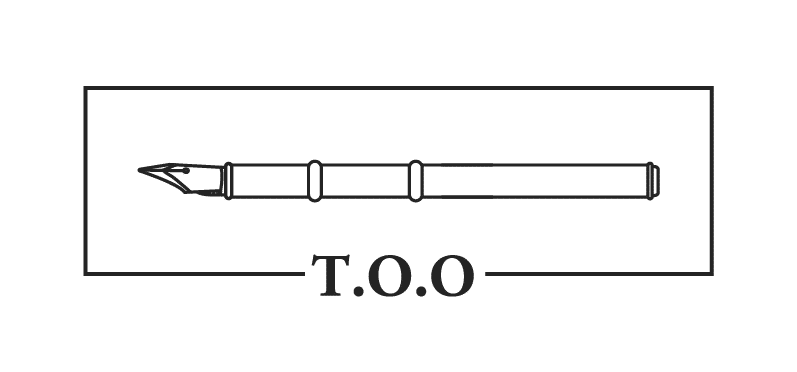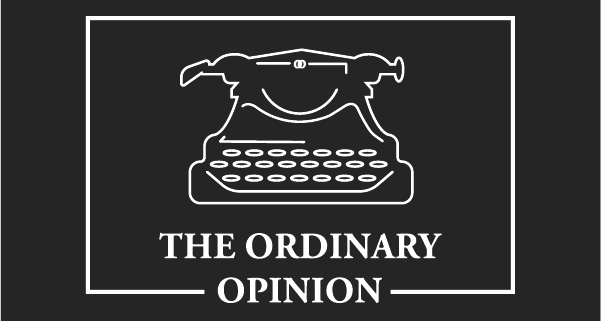*I should warn you up front that I have here a lot of questions without answers.*
I’ll confess that I didn’t immediately hate the Pepsi/Kendall Jenner ad.
It came across bland and lacking in authenticity, the ad equivalent of a Westchester-raised Dean or Skylar rapping word-for-word to Straight Outta Compton: nothing wrong or criminal, just…faux. The acting was a bit poor. The premise setting and characters seemed contrived. The looks on the “protesters” faces seemed to reflect more the long walk from concert to parking lot than pent up frustration and anger. It was too sunny.
I’ve seen tasteless releases before: I’ve lived through Bill O’Reilly’s “Killing” series, this chinese laundry ad, and the Adidas Jeremy Scott Roundhouse Mids. The Pepsi ad seemed as “normal” as ignorance can be, if more topical.
I also thought about the participants within the ad itself…the dozens that danced and fist-bumped down the street for their good pretend-cause; the angsty hijabi photographer; the drenched cellist; the corny black dude who “you’ve got this” gestured Kendall to action. These actors all participated willingly, and filed no injunctions after seeing several pre-release cuts. I assumed they too (being minorities) were no doubt aware of the gravity of Black Lives Matter and other critical movements, and figured they’d made peace with it. I thought the ad would generate some conversation, run its course, and disappear under a hail of Trump Tweets.
Obviously, I was wrong. The internet spawned a thousand think-pieces, each more frustrated than the previous, calling out Pepsi and Kendall for crimes ranging from disrespect and tone-deafness to outright racism. Pepsi retracted the ad almost as quickly as it had released it, but the writing – and my reading – continued:
I read Wired say the ad was so bad that it unified the internet. I read the Atlantic wonder how something so poor – no doubt with a large budget – got approved in the first place. Betches said the whole thing might have been intentionally offensive.
As I read, I got angry. I too wondered about the tone-deafness of such a large, powerful corporations, and what the implications might be for all those within its sphere of influence. I wondered why such a deep and terrible struggle was not being taken seriously enough to warrant review of this ad before release. I started writing a think-piece of my own, laying out the steps such an ad would have to go through before release, implicating a trail of potentially racist executives that went all the way to the senior leadership level.
And then I started getting angry for another reason: as my mood shifted and my initial passive reaction was being reset, I started to accuse myself of a mild suggestibility. I looked through my browser history and counted out how many articles it had taken me to go from mildly irritated to pen-a-piece-pissed. (about a dozen, btw.) I searched my own feelings, curious about my change of heart and why it bothered me. Now, almost a month later, I still find something weird in not being hurt or offended by something until I was informed that I in fact should be.
In thinking about either my initial or secondary reactions to the ad, it followed one first and one of several second steps:
1) I disagreed: While knowing a little bit about what others thought about the ad before I viewed it – I simply didn’t feel the same way. I thought the ad was stupid but not boycott-worthy.
2a) Education: That I wasn’t highly offended by the ad meant I maybe didn’t understand why it was offensive to so many. Essentially, I was just slightly better than Pepsi, who apparently thought it was good enough to put out, but pulled out while the blow-back was in full thrust. This might also be my being forced into a new perspective; i.e. at the point of viewing, I already knew everything I’d need to know to be offended and lend my voice to calls for retraction, but just didn’t have my radar up at the time. It took a couple of all-caps reviews from internet-friends to realign my focus.
2b) Influence: Perhaps it wasn’t so much that my knowledge had increased or my perspective corrected, but that half a dozen opinion writers I respect and enjoy all shared one opinion, as did my more active Facebook friends. Instead of a “why should I feel this way,” maybe I found it harder – subconsciously – to understand why I shouldn’t.
Even if i stopped at #1, I’d still have a number of questions for myself. I’ve been reading about Black Lives Matter for as long as the movement was formed in the wake of Ferguson. While I haven’t gone out to a protest myself, I’ve donated money and time, and have a fairly clear perspective on the movement. For all intents and purposes, how is it possible that I wasn’t offended?
As a friend said shortly while we discussed the ad, “given this set of facts, and knowing what you konw about BLM and the oppression requiring political protest and engagement, how can you possibly come to any other opinion?” I don’t know how to answer that. Sometimes (though not on eventually on this occasion) I just don’t see the cause for outrage, and no amount of giving me your shoes for me to put myself in will get me there. Does this say something about my “wokeness”? Sure, the beauty of a free society is in the diversity of perspectives, but surely there are limits?
Perhaps as importantly, in these times of echo chambers and the death of cultural and political compromise, is it safe to disagree with my base? Or will I suddenly find myself blocked and un-followed, accused of simply not getting “it,” whatever it might be that Tuesday?
My struggle here, though, is to better understand #2: the line between education and influence; the difference between (i) being presented the facts and being told I should form an opinion, and (ii) being told what opinion to have – the pseudo-bullying that is Facebook threads.
While I could see this entire episode as me being flexible and open minded, I can’t escape the discomfort of having my mind and emotions changed so suddenly, and feeling like it was done for me. My friend (same one as above) made the point that influence often means that people can be offended by proxy, without examining their own experience, and I worry this might have been the case, either on this occasion or in the past. Did I really hate Pepsi because I “understood” the situation better, or because I felt – after reading a bit – that I should?
I would take a bit of solace in the fact that I don’t agree with everything I read. I spend a lot of time on foxnews.com and with the Wall Street Journal; I reject a lot of what I’m presented with. However, there is a small risk that I reject their work because of deep-set influence already present in me. My echo chamber might just be on full echo even when I’m away from it.
I accept that no opinion is formed in a vacuum, and positions formed without taking similar and opposing viewpoints into account aren’t what I’m after (nor are they likely to be sound). In the end, I really did see the offense in the Pepsi/Kendall spot, but this experience leaves me with three things to ponder, none of which I have answers for without spiraling into circular argument:
1: What does it mean for certain of my beliefs and convictions, when they can be dialed up or overturned in the face of overwhelming counter-opinion or public reaction? Are any of my beliefs truly mine? Or just the most convenient of the “truths” I’ve been presented with?
2: On occasion, a lack of outrage comes from not sharing a particular perspetive. Is it ever better, in very specific circumstances, to simply remain “not woke”? If a certain level of awareness means being able to read cynicism and ill-intent into every act, and walk around with my radar permanently on the look-out for foolishness…is it possible that it’s better – to sometimes simply not know?
3: If – when given a set of facts and context – I still do not come to the same conclusion as usually-aligned colleagues, am I wearing that aspect of my identity properly, or am I betraying something or someone I should be fighting for? i.e. is it ever okay to disagree without risk of being a traitor?
BONUS: Is my freedom to even ask 2 and 3 a form of privilege?



